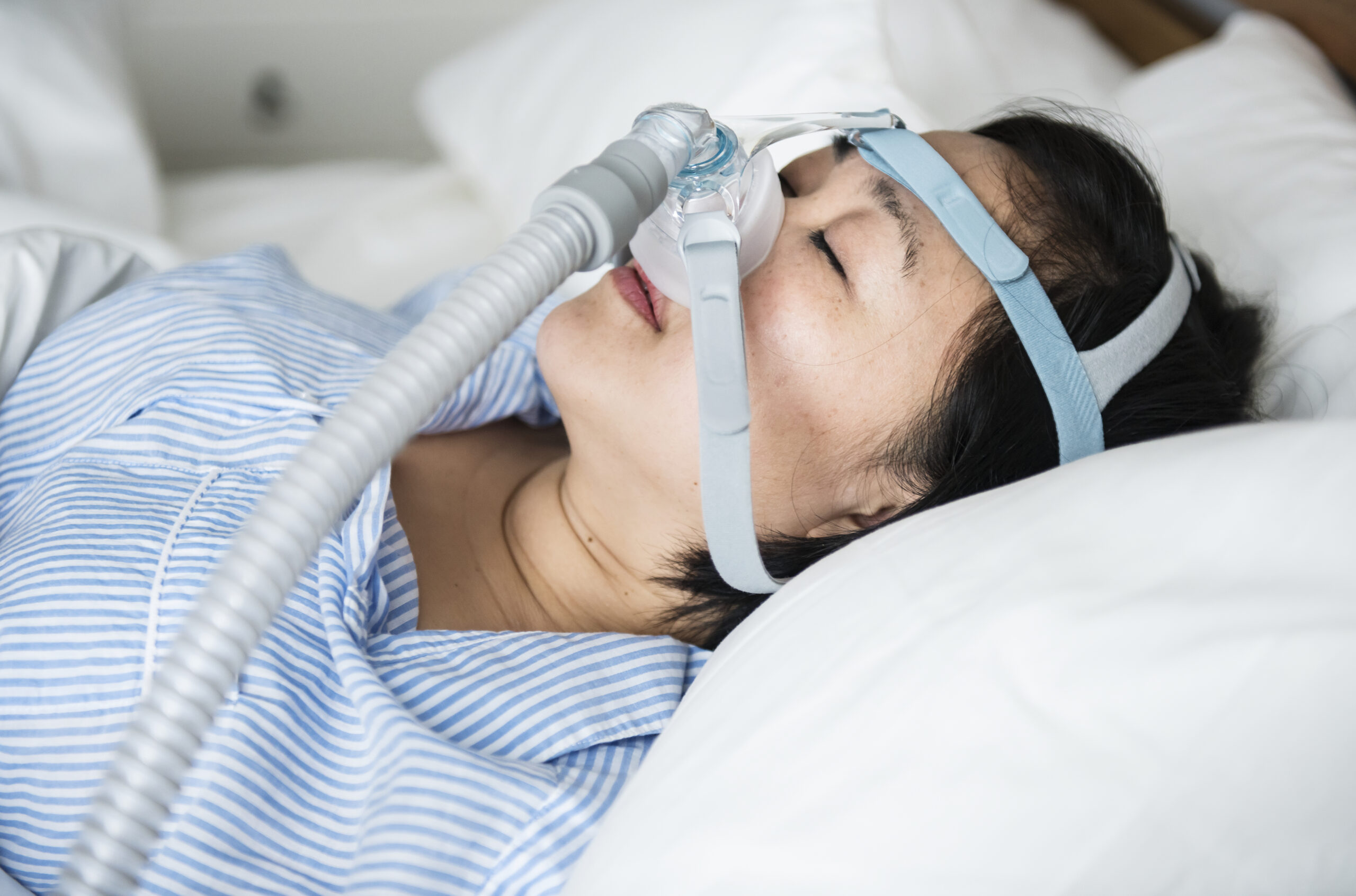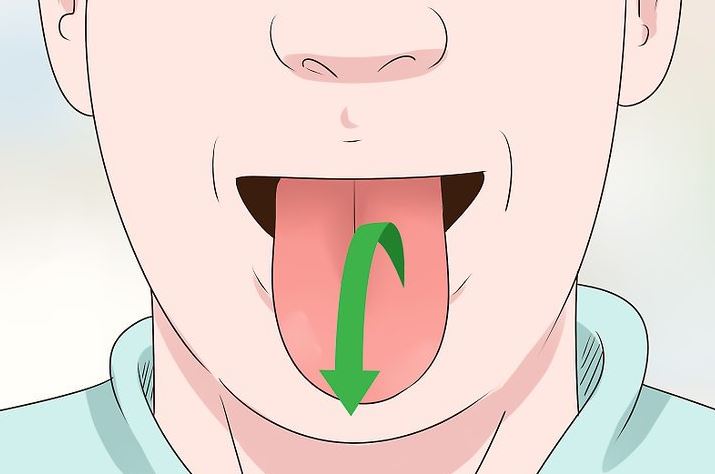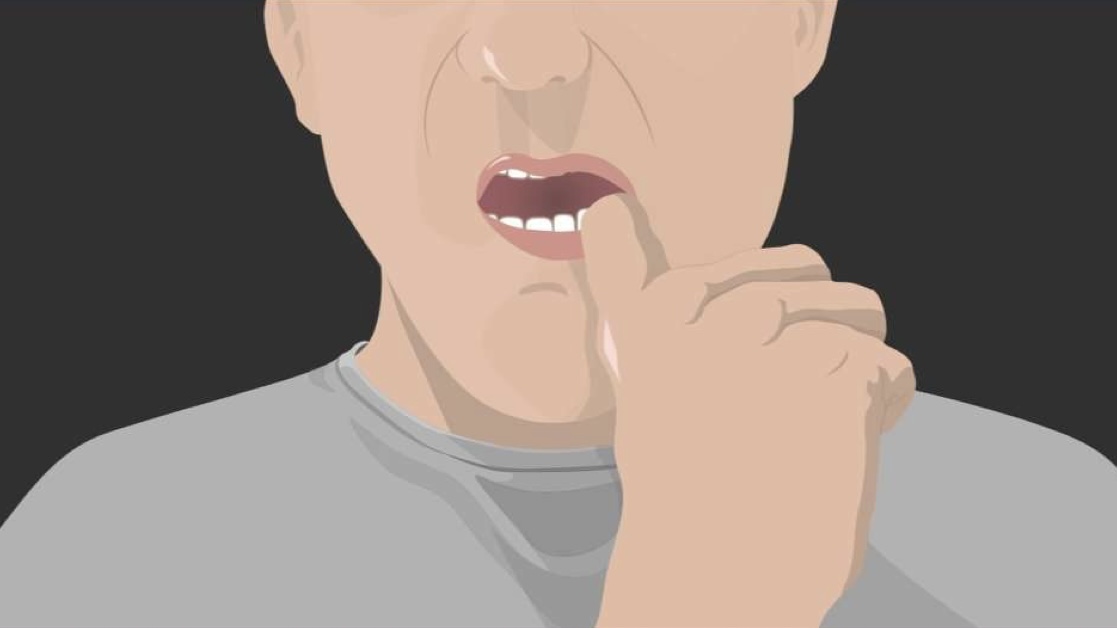Table of Contents
ToggleA Silent Danger: 7 Dangers of Sleep Apnea (Top Lifestyle Changes You Should Make)
Sleep apnea is a hidden danger that affects millions of people, yet most remain unaware of its potentially fatal consequences. Commonly misunderstood or overlooked, sleep apnea can wreak havoc on your body, leading to serious health issues if left untreated. Here’s what you need to know about this silent killer and how to protect yourself.
Why Is Sleep Apnea Considered “Silent”?
Shockingly, 85% of people with sleep apnea don’t even know they have it. Many cases go undiagnosed, making the condition one of the most under-treated health issues today. The intermittent pauses in breathing, lasting 10 seconds or more, may not always wake the person fully, which is why they often remain unaware.
However, untreated sleep apnea is far from harmless—it can lead to a host of serious health issues, including:
- Diabetes
- Sudden heart attacks and strokes
- High blood pressure
- Alzheimer’s and cognitive decline
- Atrial fibrillation
- Blood clots (pulmonary embolism)
- And, in severe cases, even death
The Connection Between Sleep Apnea and Major Health Risks
One of the most concerning aspects of sleep apnea is how it exacerbates or contributes to other life-threatening conditions. For example, the frequent oxygen deprivation caused by sleep apnea increases your risk of sudden heart attacks and strokes. Moreover, the added strain on your heart can lead to conditions like atrial fibrillation, which makes you more vulnerable to blood clots.
Sleep apnea’s effects on cognitive function are equally alarming. Over time, the lack of restorative sleep can accelerate Alzheimer’s disease and cognitive decline, leaving lasting impacts on your brain.
Do You Have Sleep Apnea?
While snoring is a common symptom, it’s not always a clear indicator of sleep apnea. However, if you or someone close to you notices any of the following symptoms, it’s worth reflecting and correlating:

- Gasping or choking during sleep
- Loud, persistent snoring
- Daytime sleepiness and exhaustion, even after a full night’s sleep
- Morning headaches
- Irritability or mood swings throughout the day
- Frequent nighttime awakenings
- Teeth grinding (bruxism)
If these symptoms sound familiar, don’t wait. Consult a healthcare professional for a proper diagnosis and take the necessary steps to manage your condition.
Who Is at Risk for Sleep Apnea?
While anyone can develop sleep apnea, certain factors increase your risk:
- Existing lung conditions like COPD or asthma
- Uncontrolled diabetes
- High blood pressure
- Thyroid disorders
- Atrial fibrillation
If you struggle with any of these conditions, it’s crucial to be proactive and get tested for sleep apnea. Early detection can be life-saving.
Simple Lifestyle Changes to Reverse or Manage Sleep Apnea
The good news is that sleep apnea, particularly in mild to moderate cases, can be effectively managed or even reversed with a few targeted lifestyle changes:
1. Lose excess belly fat: Weight loss reduces the pressure on your airway, minimizing the likelihood of obstruction.
2. Sleep on your side: This position helps keep your airway open.
3. Singing or chanting: These exercises can help strengthen the muscles in your throat and airways.
4. Practice alternate nostril breathing (Anulom-Vilom): Just 5-10 minutes before bedtime can make a difference in relaxation and oxygen flow.
5. Tongue and mouth exercises: Strengthen your airway muscles to prevent collapse.
If a CPAP or BiPAP machine has been prescribed, use it consistently. Ignoring the recommendation could significantly increase your risk of complications.

Targeted Exercises to Strengthen Airway Muscles
To improve airway stability, try these exercises regularly:
Exercise 1

- Extend your tongue out and try to stretch it as much as you can.
- Try to let it touch your chin.
- Now, tilt your head back.
- Hold it for 5-10 seconds
- Practice it 2-3 times
Exercise 2:

- Make a hook of your middle finger.
- Insert the finger into your mouth
- Pull your right cheek out using the hook
- Now, try to resist this pull by using your cheek muscles to your cheek back in
- Practice it 3-5 times
These simple exercises, done regularly, can help reduce the severity of sleep apnea by keeping your airway muscles toned and less prone to collapsing during sleep.
When to Seek Help
If you or your partner notice symptoms of sleep apnea, do not ignore them. Left untreated, sleep apnea can be fatal. It’s one of the most overlooked causes of sudden heart attacks and strokes, often in otherwise healthy young adults.
In most cases, sleep apnea is curable with lifestyle changes and professional guidance, especially if no underlying condition exists. If your child snores, has mouth-breathing habits, or has had their tonsils or adenoids removed, talk to their pediatrician about sleep apnea.
Sleep apnea might not seem harmful at first, but it is becoming an increasingly recognized cause of sudden heart issues and cognitive decline. The condition occurs when your airway muscles collapse during sleep, narrowing the passages and depriving your body of vital oxygen. This condition can persist without symptoms until it becomes life-threatening.
Early detection and treatment are crucial. If you suspect sleep apnea, consult your doctor immediately. They will guide you through the appropriate tests and treatment options to help you manage this condition effectively.
ALSO WATCH
Our Signature Wellness Program specializes in managing conditions like sleep apnea, diabetes, thyroid disorders, atrial fibrillation, and obesity. We help you find a way.
Write to us at [email protected]
Call 18001020253
Team Luke
Our team of registered dietitians, certified nutritionists, lifestyle coaches, medical practitioners, and holistic health experts come together to share practical, accessible insights for your well-being. Whether you're seeking tips on preventive health, managing a specific condition, or simply looking to live a more balanced life, you’ll find a wealth of easy-to-apply knowledge here.
Start Your Wellness Journey
Feeling inspired to take the next step in your wellness journey? Connect with us to explore how our tailored programs can support your health journey. Your transformation is just a conversation away.



